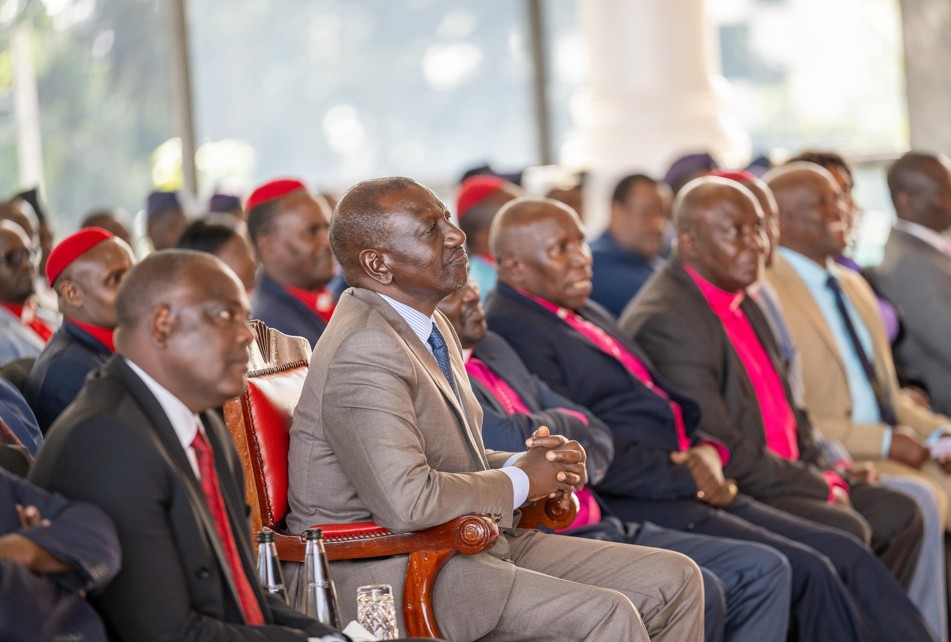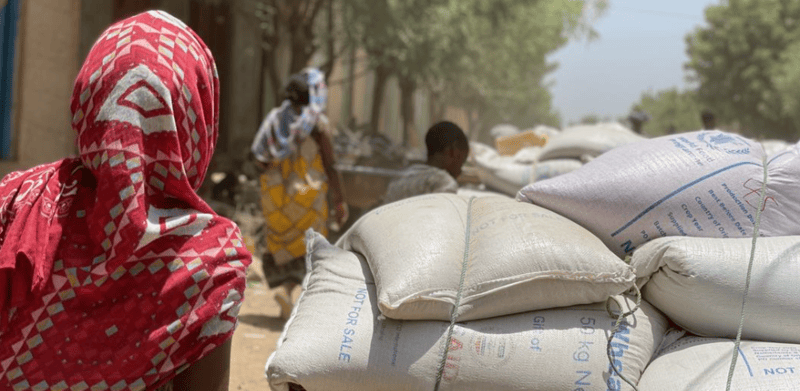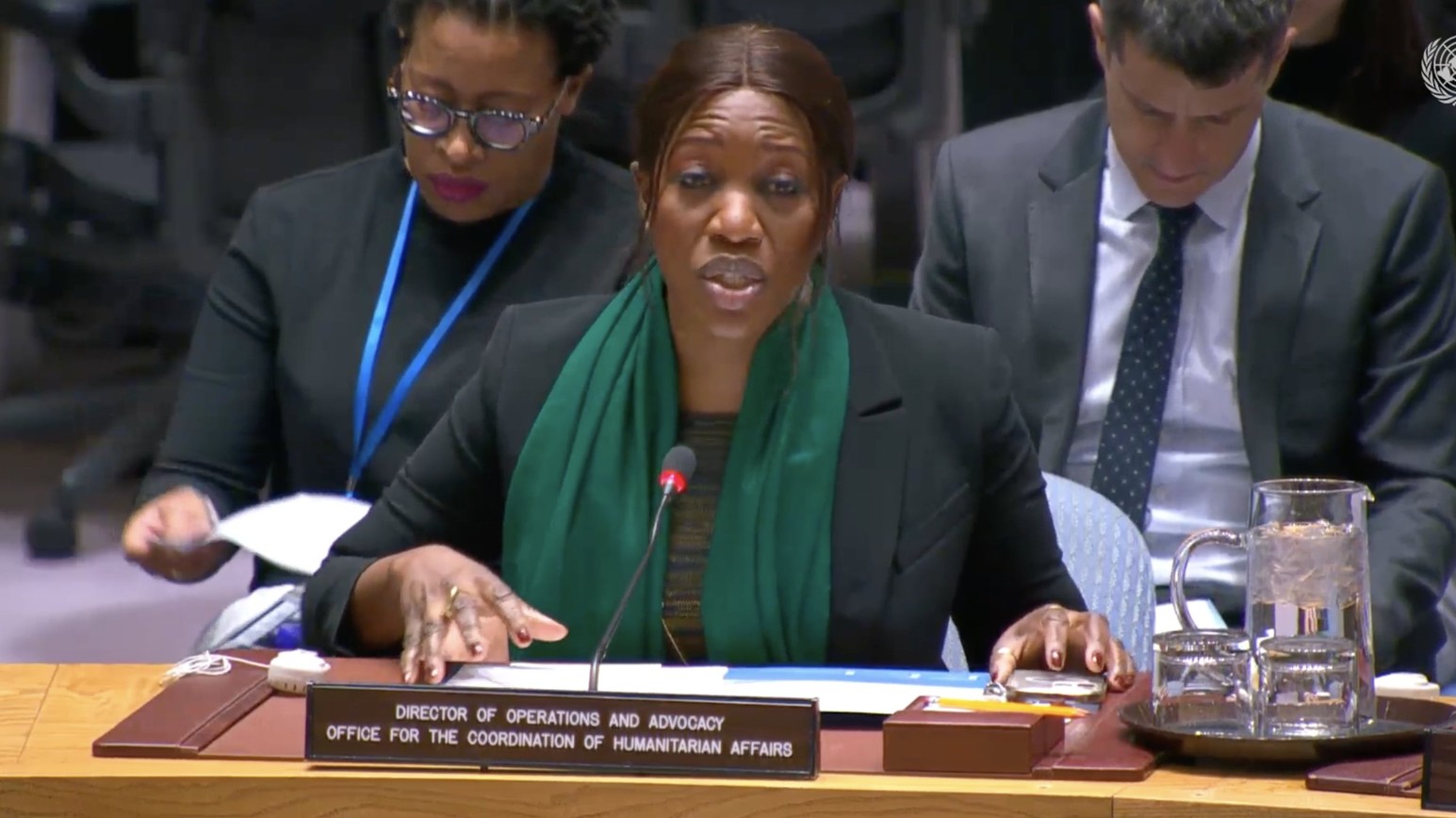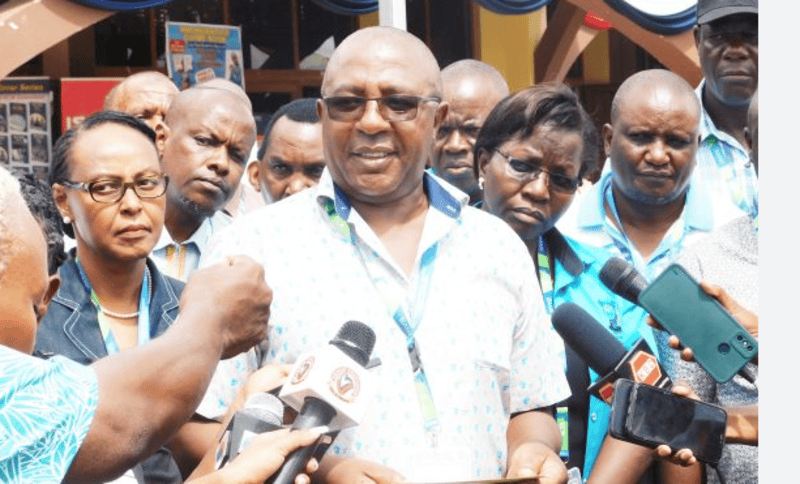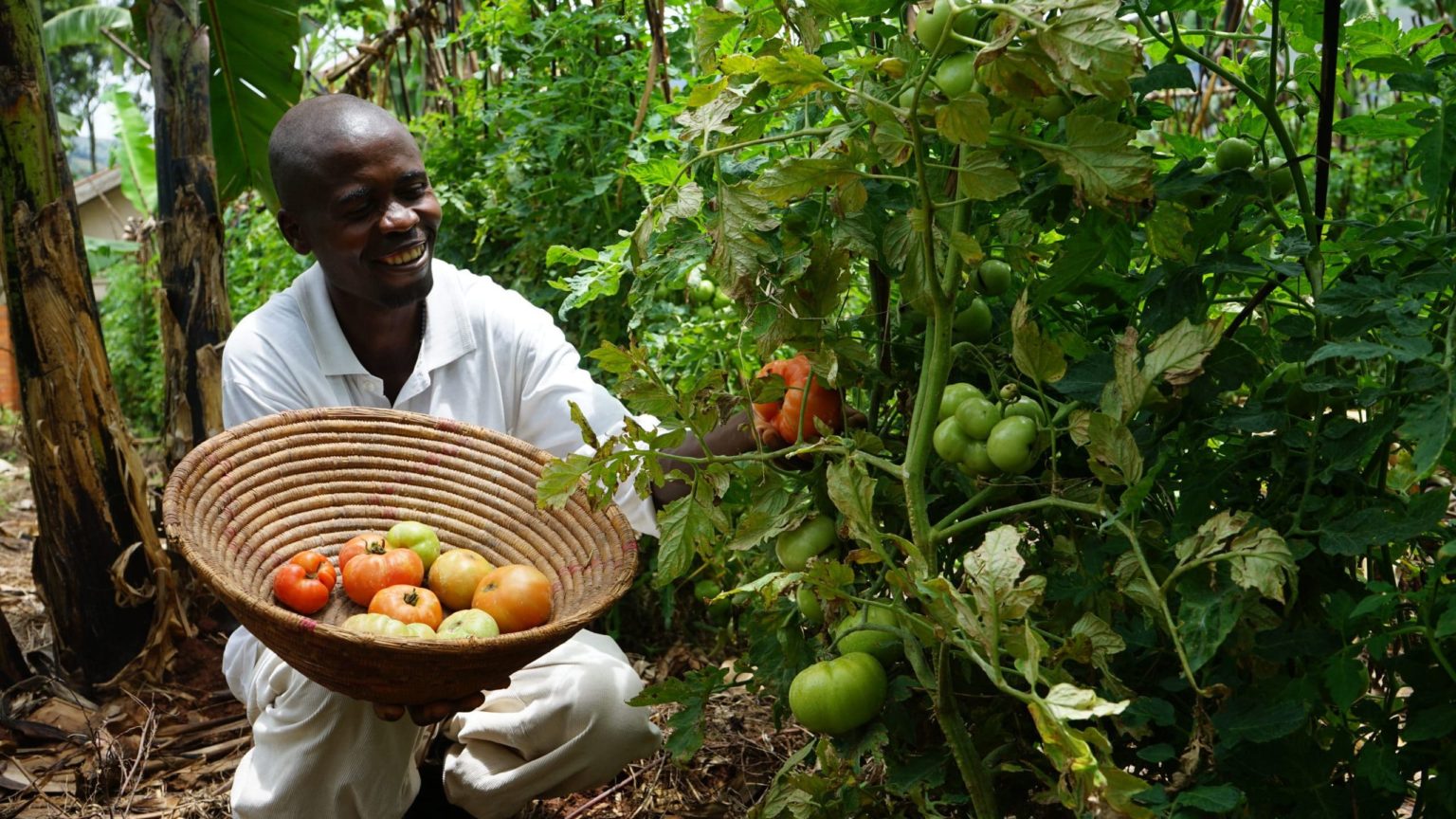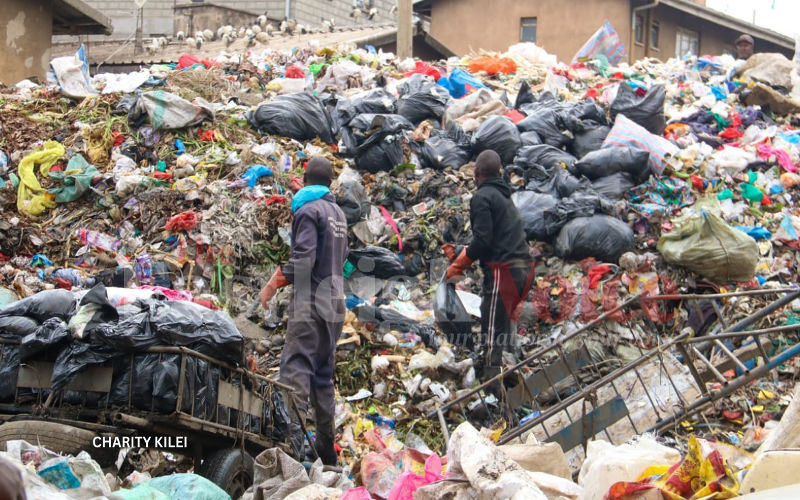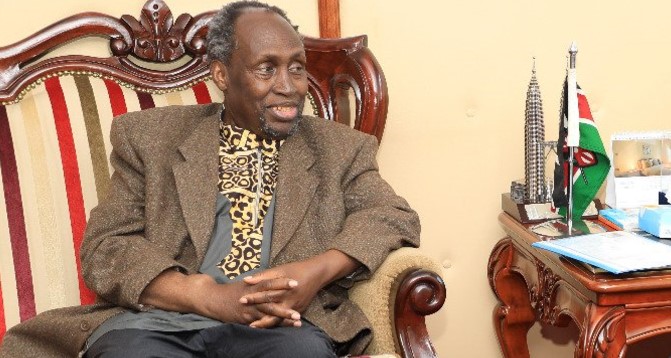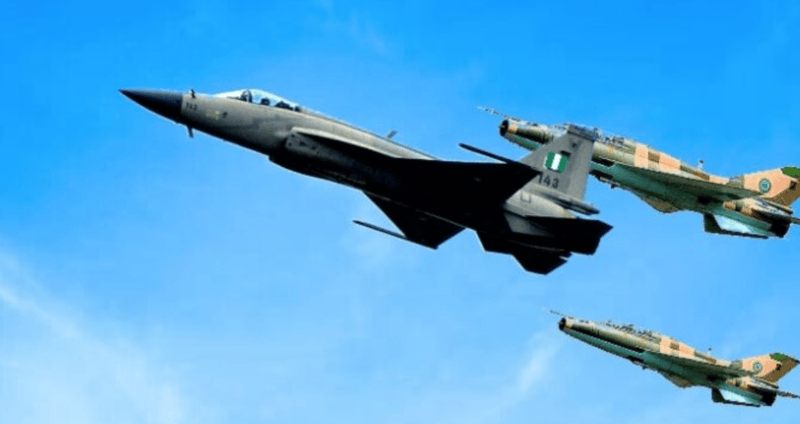The curious case of Zanzibar: A nation’s fight for FIFA and CAF recognition
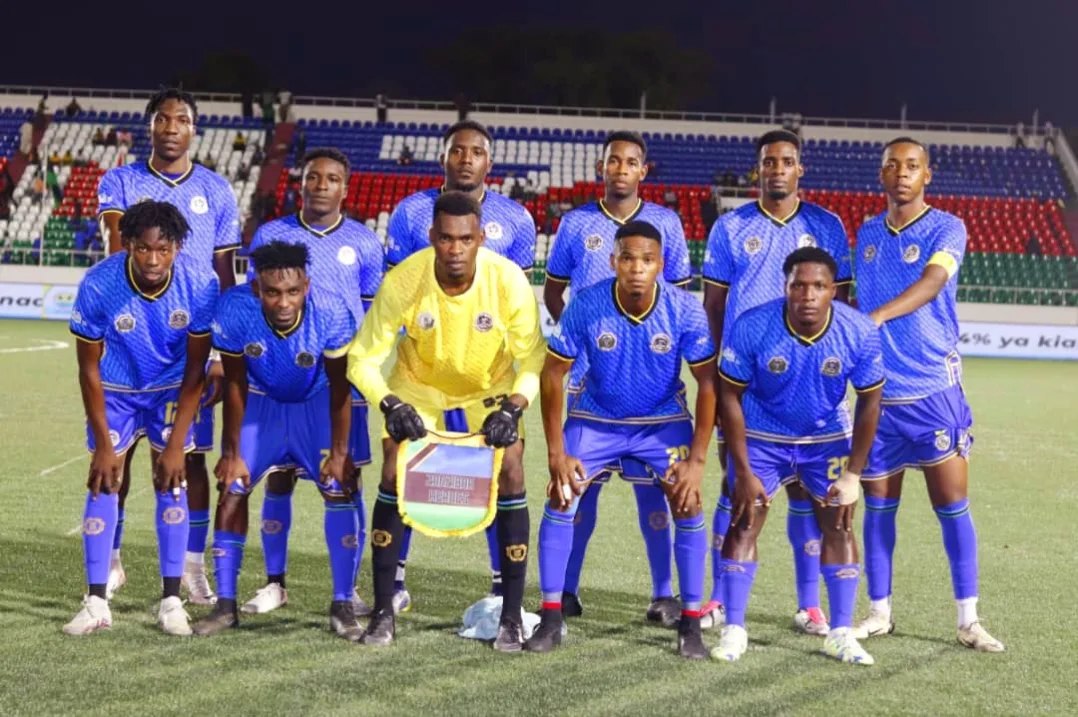
Zanzibar’s national football team has faced a unique and ongoing struggle for recognition in global football. Despite forming in 1926, the team has yet to achieve full membership in FIFA or CAF, limiting its participation in major international competitions.
Despite being formed in 1926 - 19 years before the Tanzanian Football Federation - the Zanzibar Football Federation is not a member of FIFA. Instead, it holds only associate membership with the Confederation of African Football (CAF), which excludes it from competing in CAF’s official national team competitions.
However, Zanzibari football clubs are eligible to compete in CAF’s club tournaments, similar to clubs from Reunion, another Indian Ocean island. Reunion, though part of France, is governed by the French Football Federation (FFF), giving it FIFA affiliation through France. Zanzibar, on the other hand, is a semi-autonomous region within Tanzania and has long agitated for full CAF and FIFA membership to bolster its football presence.
More To Read
- Abdulrazak Gurnah: Searching for signs of Zanzibar’s most famous writer, all I found were trinkets and tourists
- Tanzania’s independence leader Julius Nyerere built a new army fit for African liberation: How he did it
- Harambee Stars bundled out of Mapinduzi Cup after 1-0 loss to Zanzibar
- Mapinduzi Cup: Burkina Faso awaits as Kenya and Zanzibar battle for final spot
- Harambee Stars and Zanzibar Heroes ready for Friday Mapinduzi Cup battle
- Gombani Stadium: Pemba Island’s proud sports hub with a rich history
In 2011, Zanzibar, backed by Tanzania, applied for FIFA membership, citing the example of the United Kingdom, whose constituent countries - England, Scotland, Northern Ireland, and Wales - are all FIFA members. The argument was that Zanzibar should be granted separate recognition just like those nations within the UK.
Zanzibar appeared to make progress in 2017 when it was briefly accepted as CAF's 55th member, but its membership was rescinded after just four months. CAF, led by President Ahmad Ahmad, stated that it could not admit two separate associations from one country.
Since then, Zanzibar’s pursuit of CAF and FIFA recognition has slowed, but the island continues to field a national team. Zanzibar regularly competes in tournaments like the CECAFA Cup, where it faces teams from the region that are not affiliated with FIFA. The team’s existence is a curious one, fueled by the passion of its players and supporters despite the obstacles it faces.
Some Zanzibari footballers, including Aggrey Morris and Nadir Haroub, have played for both Zanzibar and Tanzania, prompting questions about their allegiances when the two sides meet in competition. Zanzibar's most-capped player, Suleiman Selembe, with 32 appearances, has also played for Tanzania three times, while all-time top scorer Abdallah Juma Ally represented Tanzania four times.
Since their first international match in 1947, Zanzibar has played 204 games, with 119 of those matches against regional rivals Kenya, Tanzania, and Uganda. Their most frequent opponent is Tanzania, against whom they have played 45 times. Kenya, who handed Zanzibar their heaviest defeat in 1961 with a 10-0 win, has faced them 41 times, while Uganda has played Zanzibar 33 times.
Until they lost 1-0 to Burkina Faso in this year’s Mapinduzi Cup, Zanzibar hadn’t faced a West African team since 2010. Their lack of FIFA and CAF affiliation limits their ability to schedule international friendlies, a crucial part of preparation for major competitions.
The Mapinduzi Cup’s shift to a competition for national teams this year has been a lifeline for Zanzibar, as they had played just a single international match in five years. This long gap in competition proves the importance of tournaments like CECAFA, where Zanzibar has participated 139 times.
Zanzibar’s determination to maintain its national team highlights the football talent on the island, as many players born in Zanzibar have gone on to represent Tanzania at a high level. Zanzibar’s quest for full CAF and FIFA membership is a clear step toward improving its international football presence. Until that happens, however, Zanzibar’s national football team remains a fascinating anomaly, stuck in limbo within the semi-autonomous region of the United Republic of Tanzania.
Top Stories Today
